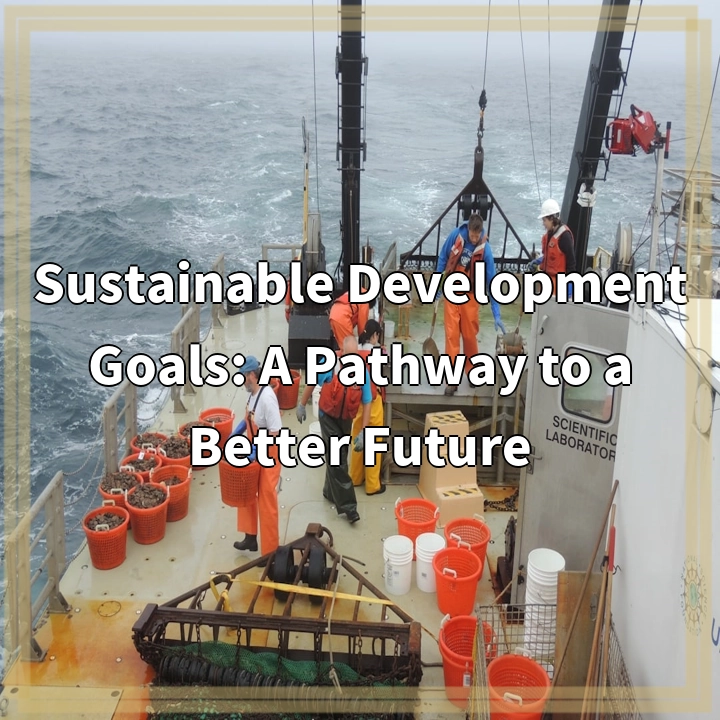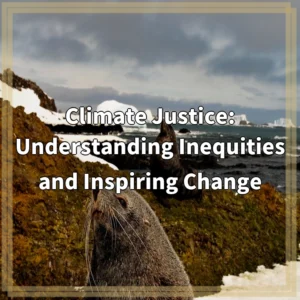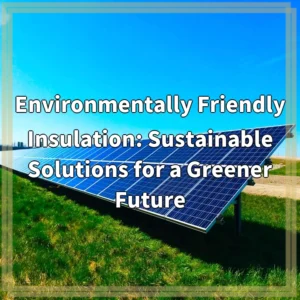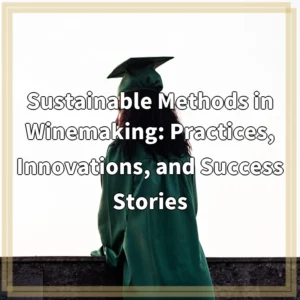What it is:
Environmental Podcasts: Unveiling Our Planet’s Stories is a captivating exploration of the world’s most pressing environmental issues through the medium of audio storytelling. This podcast series delves into various aspects of our natural environment, aiming to educate, inform, and inspire listeners to take action for a more sustainable world.
Real-World Problems:
1. Climate Change: Climate change is one of the most crucial environmental challenges our planet faces. Environmental podcasts can shed light on the causes and consequences of climate change, highlighting the urgent need for mitigation and adaptation measures. They can explore the impacts on ecosystems, communities, and economies, and discuss potential solutions.
2. Biodiversity Loss: The ongoing loss of biodiversity poses a significant threat to ecosystems and the services they provide. Environmental podcasts can raise awareness about this crisis, showcasing the importance of preserving and restoring biodiversity. They can discuss the causes of biodiversity loss, such as habitat destruction and invasive species, and explore conservation efforts and success stories.
3. Pollution: From air and water pollution to plastic waste and chemical contamination, our planet is grappling with various forms of pollution. Environmental podcasts can examine the harmful effects of different types of pollution on human health and the environment. They can also delve into sustainable practices, innovative technologies, and policy initiatives aimed at reducing pollution and promoting cleaner environments.
4. Deforestation: Deforestation is a major contributor to global greenhouse gas emissions and habitat loss. Podcasts can shed light on the causes and consequences of deforestation, including the roles of agriculture, logging, and infrastructure development. They can also explore efforts to combat deforestation, such as reforestation initiatives, sustainable land use practices, and advocacy for responsible supply chains.
5. Waste Management: The growing accumulation of waste poses serious environmental challenges, including land pollution, marine pollution, and resource depletion. Environmental podcasts can discuss different waste management strategies, such as recycling, waste reduction, and circular economy models. They can also spotlight innovative solutions, like upcycling and composting, and explore the societal and economic implications of improved waste management.
6. Water Scarcity: Access to clean and safe water is a fundamental human right, but it is increasingly under threat due to factors like overextraction, pollution, and climate change. Environmental podcasts can address the complex issues surrounding water scarcity, discussing the importance of conservation, sustainable water management practices, and equitable water distribution.
These real-world problems, among others, highlight the urgent need for environmental podcasts that can raise awareness, inspire action, and foster a sense of responsibility towards our planet’s well-being. By exploring these topics in an engaging and informative manner, Environmental Podcasts: Unveiling Our Planet’s Stories aims to empower listeners to make positive changes in their own lives and contribute towards a more sustainable future.
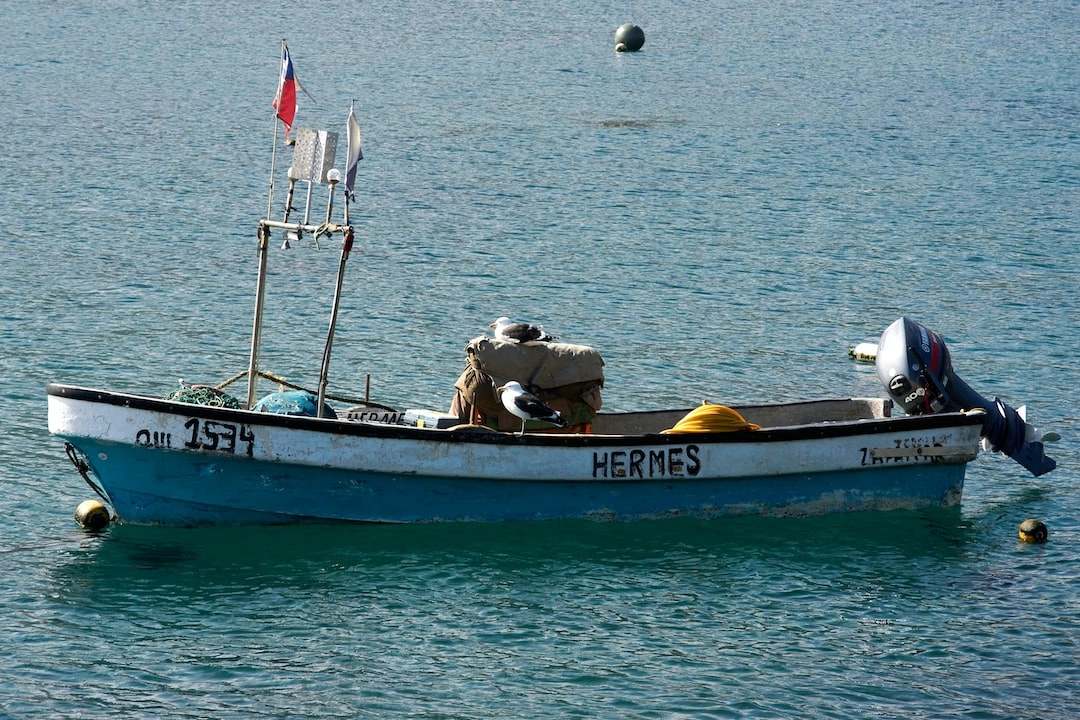
Solutions:
1. Climate Change Solutions: Environmental podcasts can highlight individual actions such as reducing carbon footprint, supporting renewable energy, and advocating for stronger climate policies. They can also showcase technological advancements, such as clean energy innovations and carbon capture technologies, along with promoting collective action and international cooperation to mitigate climate change.
2. Biodiversity Conservation Solutions: Environmental podcasts can advocate for protected areas, habitat restoration, and sustainable land-use practices to preserve biodiversity. They can also promote sustainable agriculture, responsible fishing practices, and consumer choices that prioritize biodiversity-friendly products, supporting initiatives like certification programs and sustainable sourcing.
3. Pollution Reduction Solutions: Environmental podcasts can inform listeners about practical steps to reduce pollution, such as conserving water, minimizing single-use plastic consumption, and supporting eco-friendly cleaning and personal care products. They can also highlight the importance of waste management systems, recycling programs, and policy measures that enforce stricter pollution control and promote a circular economy.
4. Deforestation Solutions: Environmental podcasts can raise awareness about sustainable forestry practices, supporting companies and organizations that prioritize responsible sourcing of timber and paper products. They can also encourage consumers to make informed choices, promote reforestation initiatives, and advocate for legislation that protects forests and their inhabitants.
5. Waste Management Solutions: Environmental podcasts can educate listeners about proper waste disposal and recycling methods, encouraging them to reduce waste generation through practices like composting and upcycling. They can also promote extended producer responsibility, advocating for manufacturers to design more sustainable products and packaging materials.
6. Water Conservation Solutions: Environmental podcasts can provide tips on water conservation at home, such as fixing leaks, using water-efficient appliances, and practicing mindful water use. They can also support initiatives that promote community-based water management, implement water-saving technologies, and advocate for equitable access to clean water resources.
By highlighting these solutions, Environmental Podcasts: Unveiling Our Planet’s Stories aims to empower listeners to take practical actions, support relevant initiatives, and drive positive change in their communities and beyond.










